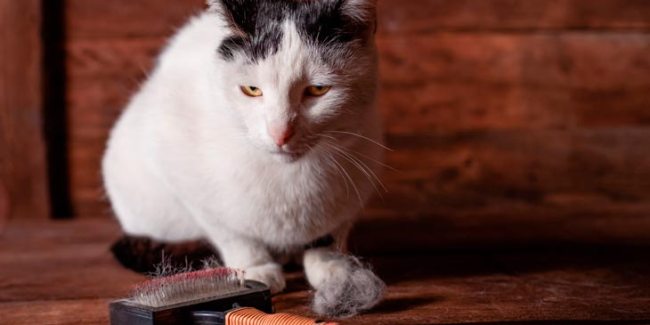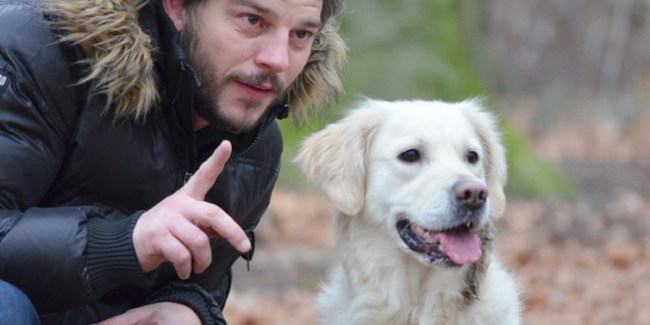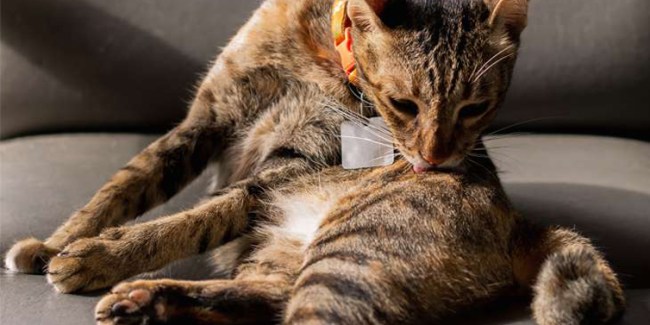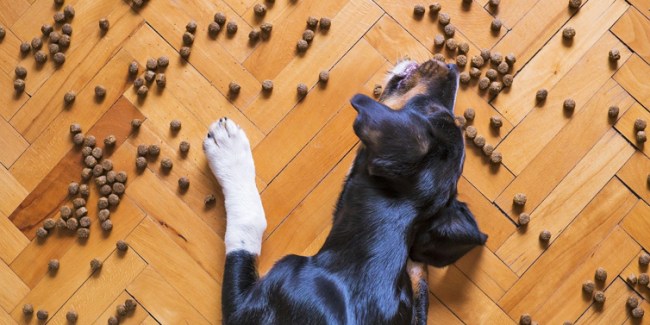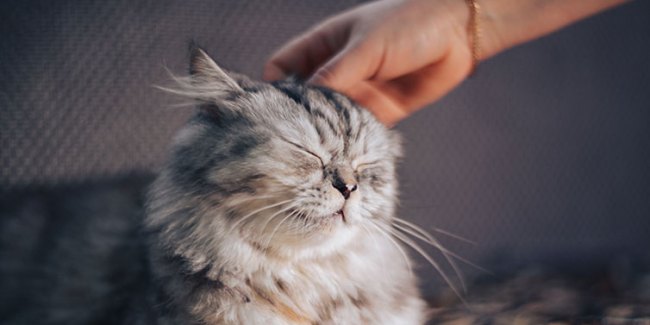Dealing With the Loss of a Pet
Losing a pet is one of life’s most heartbreaking events. How do you deal with it and work through the grief? Read on to learn how you can cope with the devastating loss of a pet.
DOG ACTIVITIES
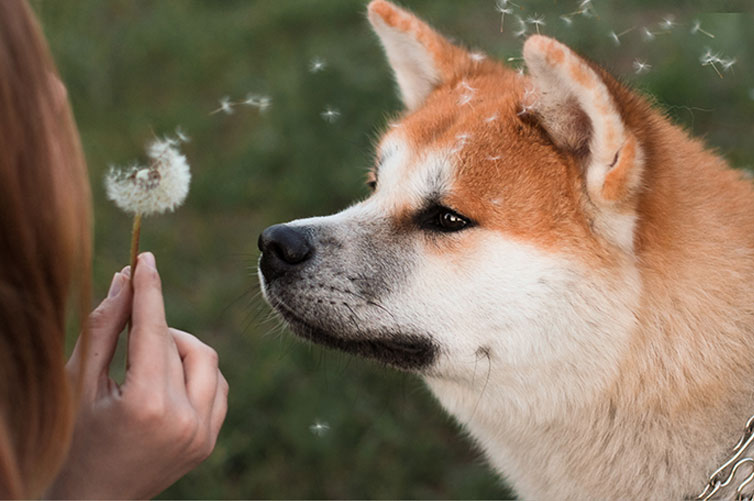
Posted by bravectosouthafrica – 11 November 2020
Farewell, Best Friend
Grieving the death of a pet is an unfortunate reality all animal lovers have to deal with at some point in life. The emotional pain is brutal and the loss hits deep within the soul.
The Botha family recently had to deal with saying goodbye to their deeply loved pet schnauzer, Joey. It was a devastating loss, felt by all members of the family. As is nature’s way, Joey had grown old, suffering from a host of debilitating ailments. The Botha’s all agreed that they had made the right decision at the right time – to end their beloved Joey’s suffering by having him euthanised. This decision, however, wasn’t made lightly and ended up affecting each family member very differently.
The fact of the matter is this: there is no one or ‘right’ way to mourn the loss of a pet. It’s a process entirely unique to the grieving individual.

The Loss of a Close and Very Special Bond
It’s a heart-wrenching truth that no pet lives forever. An average dog’s lifespan is just over 11 years old. Larger dog breeds usually (and unfortunately) tend to live even shorter lives than their small breed counterparts. The average housecat’s lifespan is slightly higher at just over 15 years of age.
We all know and realise that living with and loving a pet will eventually end in loss and heartache, but it’s the hope that this will be sometime in the distant future that keeps us going. It’s thanks to all of the benefits we reap from our wonderful pets today, that we continue to enjoy every moment we have together to the full, instead of agonising about a life without them in the future. Living in the moment and focusing on our lives with our pets today is what makes being a pet owner worthwhile.
Plenty of studies have proven that people reap many emotional benefits from being a pet owner including, but not limited to, the following:
- Comfort
- Companionship
- Exercise
- Feeling loved
- Feeling needed
- Laughter
- Responsibility
- Safety
- Something to love
Did you know? Pet owners also tend to live longer lives than their non-pet owning peers. Those who own a pet are also reported to visit doctors, psychiatrists and therapists less frequently.
It can be overwhelming and difficult to figure out what to do when one of your pets die. The death of your pet can hit you just as hard as the death of any of your other (human) family members.
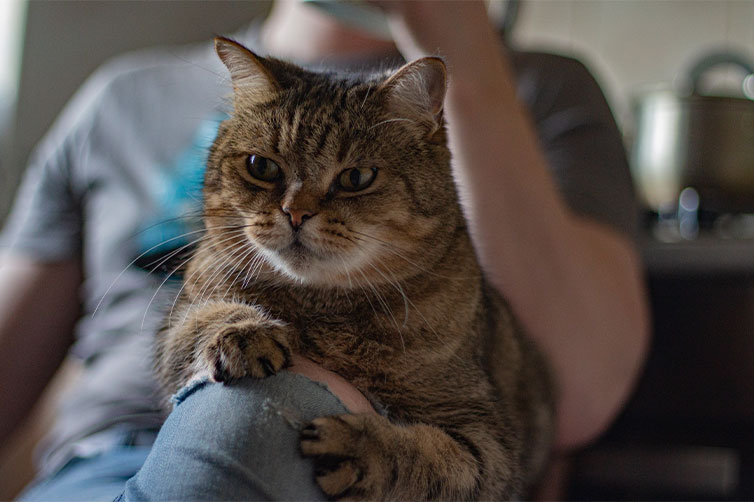
Saying Goodbye to a Pet
Joey joined the Botha family back when he was adopted as a puppy. For the greatest part of Joey’s life, he was a curious, energetic, protective and silly family dog.
After Joey’s passing, Mrs Botha found the family home to be unbearably quiet, while Mr Botha struggled to admit just how hard the death had hit him. Overall, it was an extremely difficult period for the Botha’s to get through. The reality is that they are far from the only family to experience such difficulties.
There can be a certain stigma surrounding mourning the loss of a beloved pet. Those who find themselves looking at the situation from the outside or who aren’t avid animal lovers themselves may simply advise you to “move on and just get another pet.” These individuals can’t fathom how deep the grief runs at the loss of a cherished pet. Don’t pay these people any mind, as experts will tell you that you are, in truth, dealing with the loss of a dear family member.
During this emotional and especially difficult time, you must allow yourself to grieve. Suddenly, you too may find your home to be all too quite. You may even find yourself feeling uncomfortable about the situation, but keep in mind that this is completely normal.
Experts advise that those grieving the loss of a pet do the following:
- Start keeping a journal to deal with your feelings
- Speak to an understanding friend
- Visit a counsellor to discuss the loss
If, like the Botha family, you had to have your pet euthanized, don’t allow yourself to fixate on their final moments. Instead, try and focus on remembering all of the good times you had together – the cuddles on the couch, games of fetch and long, scenic walks. And be sure to be kind to yourself during this time. If you start feeling guilty, remember to forgive yourself. You did everything within your power to keep your pet happy and comfortable.
If you are a parent to human children as well, experts recommend that you openly speak with them about what happened, especially if it’s their first experience with this kind of loss. Maybe you find that your kids aren’t asking any questions. Try and find out how they’re feeling about the loss. Engage them through art and play. In the end, you know your child best and if you deem it necessary, don’t hesitate to speak to a counsellor for help.
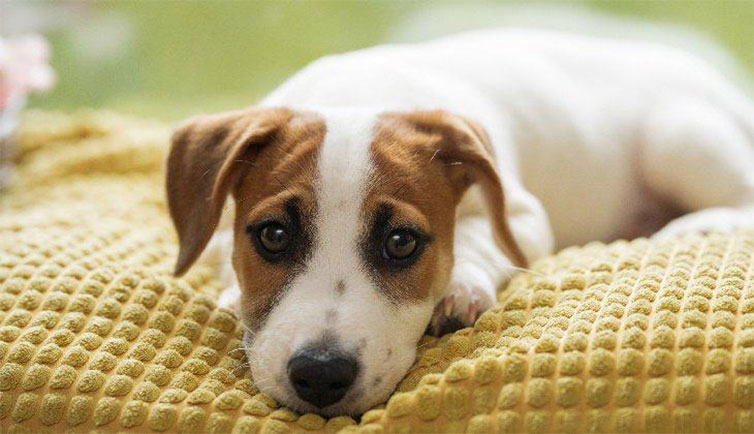
Coping With Loss: The Death of a Beloved Pet
After Joey passed away, the Botha’s sent out a note to their friends and family to inform them of the loss. The Botha children made a scrapbook of Joey’s life and a memorial service was held for the dearly departed family dog. All of these activities helped the Botha family to say goodbye to Joey.
There are various other things that you could do to memorialise a deceased pet. The important thing is to do what feels right to you and your family. Losing a pet isn’t something every family or individual will react to in the same way. It’s a deeply personal experience. Despite this, there are certain things you could do to make the mourning process a little bit easier.
Create a Meaningful Memory
Celebrate your departed pet’s life by making a scrapbook, planting a tree or doing anything else that’s personal and holds meaning to you and your family.
Don’t Allow Anyone to Tell You How to Feel
Remember: whatever it is you’re feeling about losing your pet is absolutely allowed. Maybe you feel like crying, maybe you’re angry or maybe you don’t want to cry at all – that’s all perfectly alright. It’s just as acceptable to find moments of joy or feel like laughing when reminiscing about all the good times you had with your pet. Nobody has the right to tell you that you should “get over it” or “move on already.”
Find Ways to Grieve That Work for You
Holding a funeral or memorial service for your departed pet can help you and your family a great deal by mourning openly about the tragic loss.
Keep up With Your Usual Routines
This is especially important if you have any other pets as well. Maintain your normal daily routine and even increase your playtimes with other household pets. Keep in mind that your other pets have also experienced a loss with the death of their friend. Any remaining pets can also pick up on your mood and may grow distressed due to your sorrow.
Practice Self-Care
The loss of a pet is a stressful time and you may find yourself completely depleted of your usual energy and emotional reserves. During this period, remember to still eat a healthy diet and get lots of rest. Frequent exercise will also help you to release endorphins, which can greatly help to boost your mood.
Reach Out
It can be helpful to get in touch with a clergy member, counsellor, family member or trusted friend. Should none of these people be able to help you, look into finding someone who can. A quick Google search will reveal you have plenty of online message boards and support groups at your fingertips, dealing specifically with pet loss.
Although it can be difficult to imagine living life without your pet, time tends to heal all wounds. You may never stop missing your special friend, but the good times you had together will remain with you forever and one day you will find yourself smiling when thinking about the memories you made, instead of falling into despair. You just need to find the right and healthy way to grieve during this time.
Keep Your Beloved Pets Happy and Healthy Throughout Their Lives
Part of your sacred pet owner-duty is to help your pet lead a happy, full and healthy life. Sometimes it can be a challenge to look out for all your pet’s needs, but keeping them free of ticks, fleas and mites doesn’t have to be. All you need is Bravecto®. Whether you own a cat or dog, Bravecto® has your pets covered with a variety of treatment options.
Dog owners can choose between either Bravecto® Chew or Bravecto® Spot-On for Dogs. Feeding your dog a single, tasty chewy treat will keep them protected against fleas, ticks and mites for 12 whole weeks, while one application of the topical treatment will prevent ticks from bothering your dog for 4 months and fleas for 6 months. This means your dog gets to enjoy 3x longer protection than traditional monthly treatments!
Cats also get to experience Bravecto®’s 3 month difference. Bravecto® Spot-On for Cats keeps your cat safe from fleas, ticks and ear mites for 3 entire months with a single dose. For an even more comprehensive and long-lasting treatment, why not try the all-new Bravecto® Plus for Cats? It not only keeps your cat safe from fleas and ticks for 3 months, but also treats worms, ear mites and prevents heartworm disease as well!
At Bravecto® we care about your pet living their best life. Treat them to the parasite treatment that works better for longer.
Be sure to read more helpful articles on pet care on the Bravecto® Blog page, as well as the affiliated MSD Animal Health We Are Family website.
Subscribe to our Newsletter
Get to know your furry friend better! Sign up for all things dog- or cat-related.
The Hairy Facts about the dreaded hairball
12 April 2021
Help! My dog’s barking mad! Volume 2
12 April 2021
Your Itchy, Scratchy Cat – All About Cat Skin Problems
12 April 2021
The Dog’s Diet: A Bone of contention?
01 April 2021
Mango Fly Worms: How to Spot and Eliminate them
Posted on November 28,2019
Managing Mange And Mites In Your Dog
Posted on June 11,2018
Why Do Cats Purr and How? Learn What Your Cat Is Saying
Posted on October 14,2020
How to Get Rid of Ear Mites in Dogs
Posted on November 06,2019


